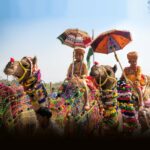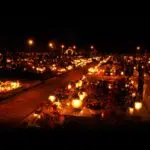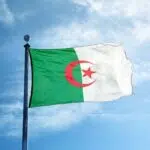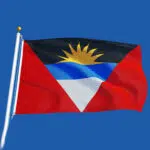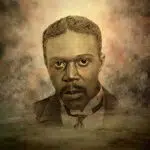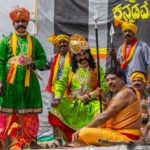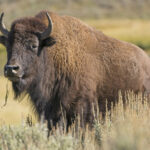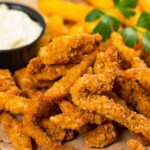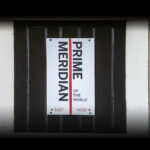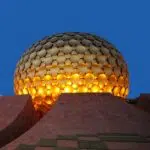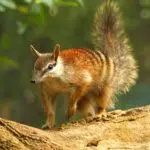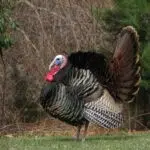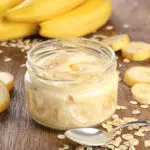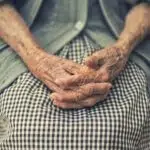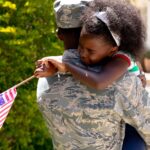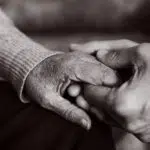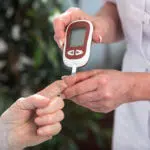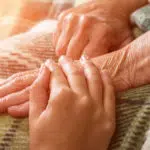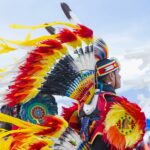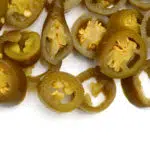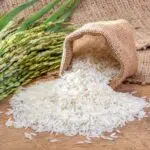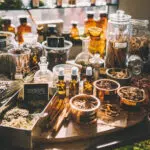Antigua Independence Day is observed on November 1 each year. This marks the day Antigua gained freedom from Britain in 1981. Antigua and Barbuda is a Commonwealth country situated where the Atlantic meets the Caribbean. It’s a popular destination for yacht owners with its pristine beaches and tropical rainforests, attracting thousands of tourists each year. The name ‘Antigua and Barbuda’ is Spanish for ‘ancient and bearded.’ The British colonized this Caribbean nation, which grew tobacco and sugarcane. Antigua and Barbuda was intended to be a slave breeding colony. Instead, the slaves taken there formed a self-reliant community.
History of Antigua Independence Day
Antigua Independence Day covers over 300 years of history, culminating in the nation becoming independent of British rule. It served as a mercantile resource for sugar production, a highly lucrative industry at the time. Early European settlers initially faced stiff opposition from the Carib people who inhabited the islands, and it wasn’t until the mid-1600s that serious attempts at colonization in the area began. Conflicts between the British, Dutch, and French further complicated attempts at establishing settlements.
By the late 17th century, the settlers had built up an economic system revolving around the export of cash crops like tobacco, cotton, and ginger. Sugar became the dominating force, shaping Antigua and Barbuda’s social, economic, and political landscape. After the first large-scale sugar plantation was established in 1674, sugar production became the main economic activity in Antigua and Barbuda, leading to the mass importing of slaves to work on plantations. In 1728, there was a small slave uprising, followed by a massive rebellion in 1736. Slavery was abolished almost a century later by the British colonizers in 1834, forcing planters to import Portuguese workers.
The 18th century marked an increase in ethnic diversity in Antigua and Barbuda. These ethnic groups agitated for more rights and representation, leading to the first elections held in 1937. In 1938, the Antigua Trades and Labor Union was founded, improving relations between planters and workers. In 1941, the U.S. opened some bases in the colony, and sugar production declined well into the 1950s. With support from trade unions, the Antigua Labor Party won elections in 1967, achieving independence in association with Great Britain. Antigua and Barbuda finally gained complete independence from their British rulers on November 1, 1981, thanks to many years of concerted efforts from trade unions and local politicians.
Antigua Independence Day timeline
Island Caribs replace the Arawak people, using their superior weapons and seafaring prowess to defeat them.
On his second voyage of discovery to the Americas, Italian explorer Christopher Columbus sights Antigua and Barbuda.
The British successfully colonize the islands of Antigua and Barbuda, with Sir Thomas Warner becoming the first governor.
The British free the slaves in Antigua and Barbuda.
On November 1, Antigua and Barbuda hold a general election, leading to the establishment of a ministerial system of government.
Antigua and Barbuda become fully self-governing on internal affairs, while the British retain their control of external affairs and defense.
Antigua declares it wants to be autonomous, breaking away from Barbuda.
Antigua and Barbuda become an independent country, with Vere Bird acting as its first Prime Minister.
Antigua Independence Day FAQs
Why is Antigua called Antigua?
Christopher Columbus named this country after the Church of Santa Maria de la Antigua in Sevilla, Spain.
What language is spoken in Antigua?
English is the official language of Antigua. Many nationals also speak Antiguan Creole, a native language.
Can foreigners buy property in Antigua?
Yes, foreigners may buy real estate in Antigua. The government doesn’t place any restrictions on foreign buyers purchasing a property. Foreign buyers of Antiguan property enjoy the same rights as their citizens.
How to Observe Antigua Independence Day
Buy a bottle of rum
For hundreds of years, rum was the lifeblood of the Caribbean. Antigua and Barbuda have a long history with this drink, making them experts at brewing it. Celebrate Antigua Independence Day by raising a toast in their honor.
Try the local cuisine
Good food and celebration go hand in hand, and sampling the cuisine of other countries is one of the best ways to pay tribute to their culture. Try out some classic dishes like macaroni pie, ducana, and saltfish.
Take a trip to Antigua and Barbuda
We all dream of lazing on a sun-kissed Caribbean island with a fruity drink in hand. When you visit Antigua and Barbuda, you’ll do all that and more. The week leading up to Antigua Independence Day is packed with festivals, performances, and other fun events you can attend.
5 Amazing Facts About Antigua And Barbuda
Famous people lived here
Some celebrities who have lived in Antigua or own houses there include Giorgio Armani, Eric Clapton, Richard Branson, and Oprah Winfrey.
The highest point is named after Obama
The highest point in Antigua and Barbuda was named Mount Obama in 2009 after President Barack Obama.
It’s a birdwatcher’s paradise
Antigua’s sister island Barbuda is home to the largest colony of frigate birds in the western hemisphere.
Barbuda has a pink beach
Crushed corals give the sand a rosy pink appearance that’s quite a sight to behold.
Antigua has no rivers or lakes
As strange as it sounds, Antigua has no rivers or lakes, and groundwater is the primary source of fresh water.
Why Antigua Independence Day is Important
It tells the story of two islands
The history of Antigua and the smaller Barbuda is intertwined, sometimes pulling apart but always coming together when it matters most. In the end, both islands achieved independence, and that’s something worth celebrating.
The carnivals
Although Antigua Independence Day has a serious history, its celebrations involve carnival parades, and who doesn’t love that? It’s an opportunity to take in the colorful costumes, flashy parades, and live music.
Antigua has a colorful past
Antigua Independence Day isn’t just about the day they gained freedom from the U.K. It also commemorates the centuries of relations between the British, Irish, Portuguese, Middle Eastern, and African people who inhabited these islands.
Antigua Independence Day dates
| Year | Date | Day |
|---|---|---|
| 2025 | November 1 | Saturday |
| 2026 | November 1 | Sunday |
| 2027 | November 1 | Monday |
| 2028 | November 1 | Wednesday |
| 2029 | November 1 | Thursday |



